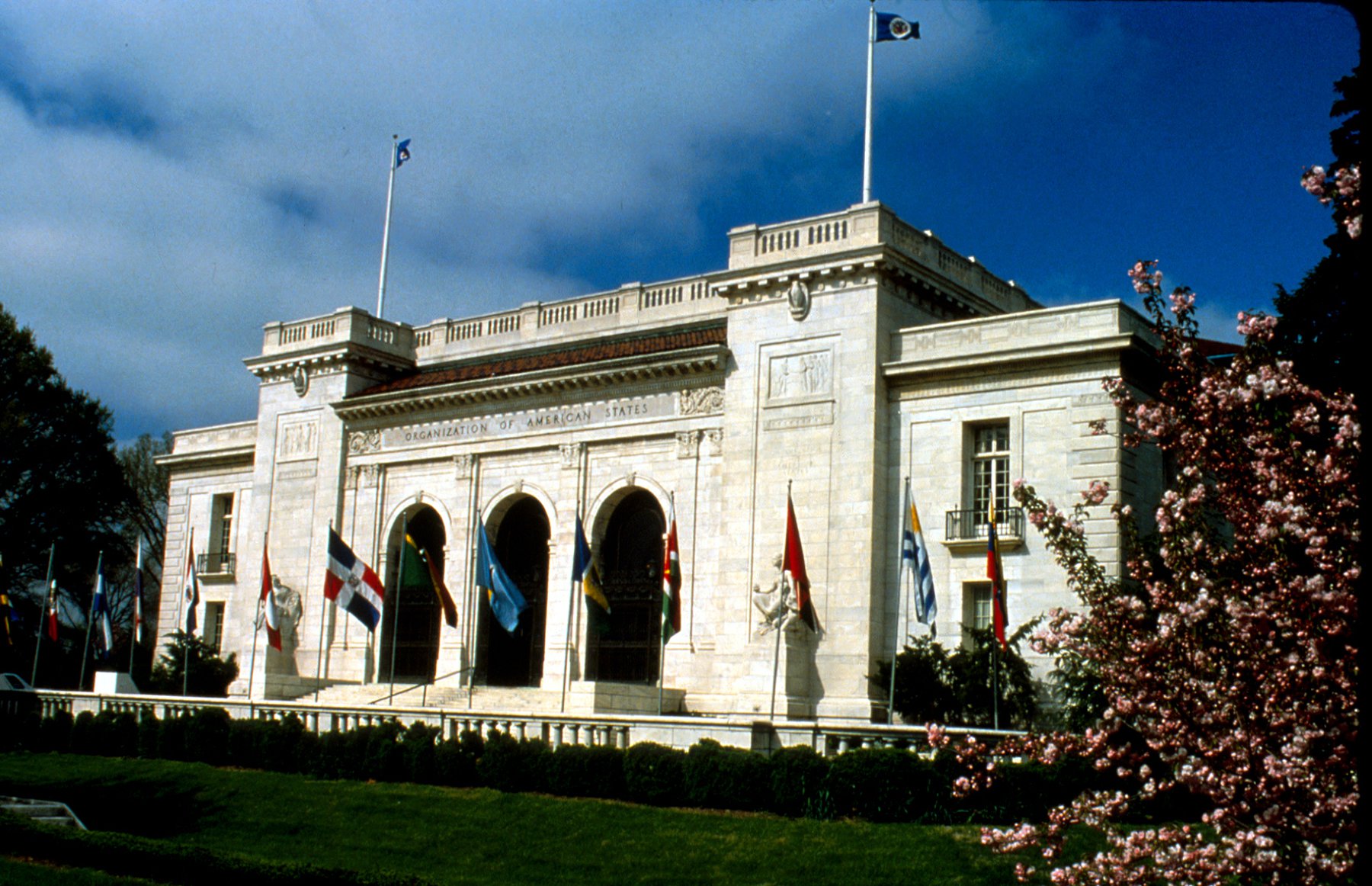The theme of the joint session convened by the Permanent Council and the Inter-American Council for Integral Development (CIDI)—a forum for discussion on key challenges facing the region that brings together authorities from across the Americas, from different branches and levels of government, along with other stakeholders and partners—was food insecurity in the Americas and lessons learned during the COVID-19 pandemic.

San Jose, 23 June 2022 (IICA) – In the present context of inflation, the fertilizer crisis is causing a steep rise in the costs of agricultural production in Latin America and the Caribbean, which may give rise to even higher food prices, warned the Inter-American Institute for Cooperation on Agriculture (IICA) in a session of the Permanent Council of the Organization of American States (OAS).
The theme of the joint session convened by the Permanent Council and the Inter-American Council for Integral Development (CIDI)—a forum for discussion on key challenges facing the region that brings together authorities from across the Americas, from different branches and levels of government, along with other stakeholders and partners—was food insecurity in the Americas and lessons learned during the COVID-19 pandemic.
The meeting took place in the Americas Room at the OAS Main Building in Washington, D.C., although some participants attended virtually.
“Food security tops the global agenda today. The situation triggered by Russia’s invasion of Ukraine and surging fertilizer prices is slashing the profitability margin of the members of our continent’s productive fabric, taking a special toll on smallholdings and accelerating price inflation to the detriment of consumers”, expressed Manuel Otero, Director General of IICA.
Otero underscored the need to expand the joint work of international cooperation and financing agencies in responding to the crisis.
To that end, he highlighted the importance of the Public Policy Observatory for Agrifood Systems (OPSAa), a digital tool launched by IICA last March to contribute to changing how policies are designed in the Americas and to provide a space for the exchange of perspectives that could help to develop the response capacity and resilience to future risks.
Moreover, the Observatory documents the measures taken in different countries around the Americas in response to the current situation.
Following a diagnosis of the regional and global scenario, Joaquín Arias, General Coordinator of the OPSAa, explained that we are experiencing a confluence of crises due to the effects of the COVID-19 pandemic combined with extreme weather events and the war in Eastern Europe, which has disrupted the energy, fertilizer and commodity markets.
“We are at a critical point in terms of climbing international food prices. In most of the countries in the region, the annual index is between 20 and 25%. If we don’t do something about fertilizer prices, this situation could get worse”, explained Arias.
IICA’s specialist urged for action on the problem of market concentration, both in terms of supply and demand of fertilizers, explaining that a mere five countries are responsible for over 50% of exports and another five for 54% of purchases.
“The market is highly vulnerable to shocks, although not all countries are affected in the same way given that fertilizer consumption per hectare varies greatly”, added Arias, who indicated that Brazil relies on imports from Russia and Belarus for over 85% of its needs.
“There is no current estimate of the continent’s fertilizer inventories, but we know that difficult times are ahead due to the market’s behavior in recent weeks. In several countries, fertilizer imports fell by more than 60% as of March, which is curtailing application and, in turn, will impact yields”, revealed Arias.
Arias explained that the countries of the Americas are already taking measures to reduce tariffs and taxes, as well as to provide financial aid to small-scale farmers. He expressed that in the medium and long terms, the adoption of technology and best practices should be incentivized to transform agrifood systems and build their resilience.
More information:
Institutional Communication Division











